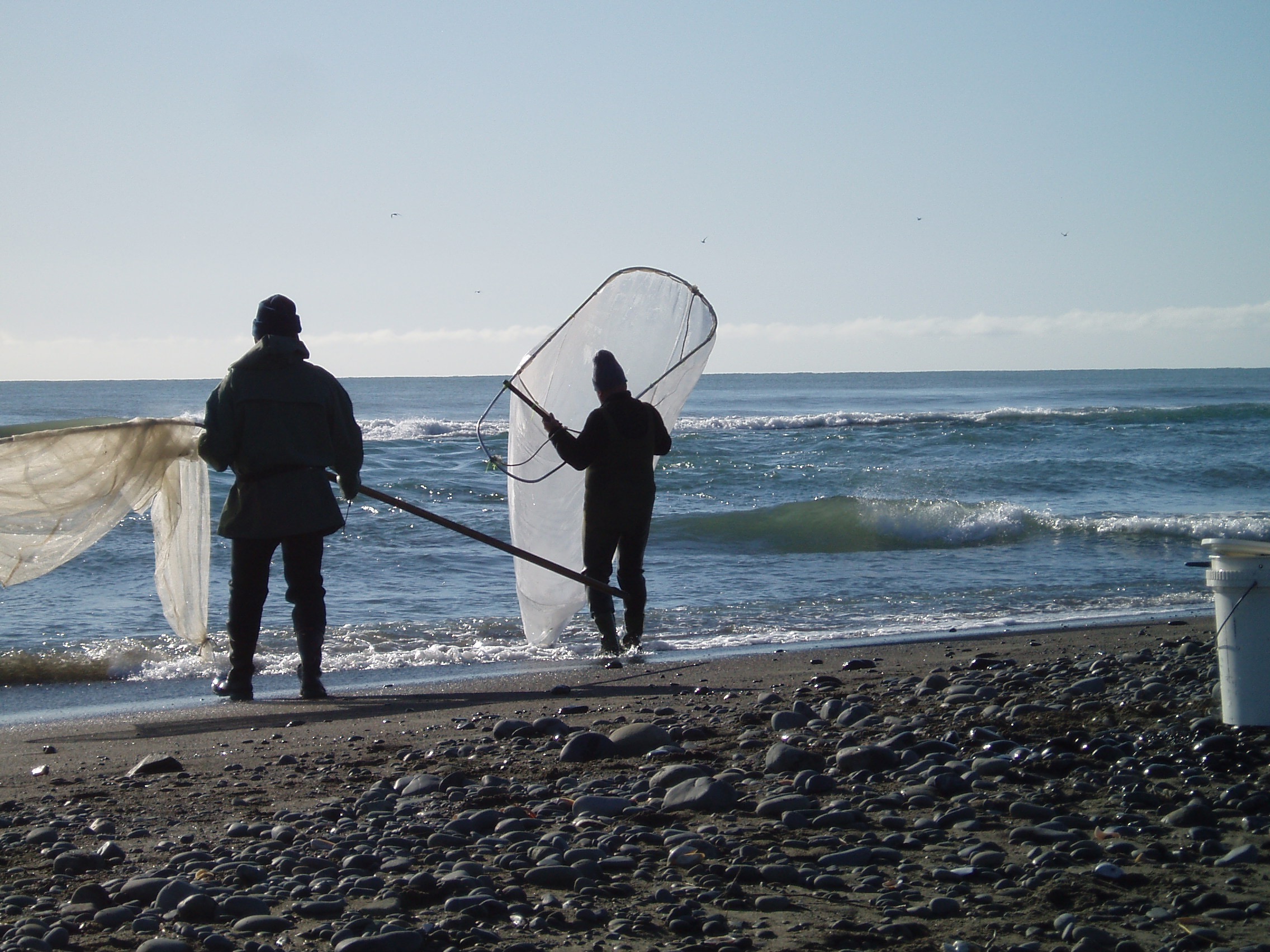The Council of Outdoor Recreation Associations of NZ (CORANZ) has responded to a call for opinion on whitebait management with a strong message to look after habitat and control black market sales. Any ideas of a recreational whitebait licence were totally rejected.
In a CORANZ submission to the Department of Conservation it was said altering fishing regulations was not the best course.
“The real issue is habitat for whitebait spawning and controlling better the fishing which unfortunately involves bogus recreational fishers who sell their catch,” said Andi Cockroft, CORANZ chairman. “Bogus recreational fishing and associated black markets particularly relative to the West Coast of the South Island where groups or individuals can during heights of whitebait runs catch large quantities, fly the catch to cities where it is sold usually on a black market must be tackled.”
Large quantities each season, were being caught commercially on the South Island’s West Coast by bogus recreational white-baiters and exported to cities.
“It is in contrast to catches of the recreational white-baiter, who in most areas, rarely would exceed getting more than a cup of whitebait for a days fishing,” said Andi Cockroft.
However the loss of habitat was of prime importance was a major factor with declines in spawning habitat due to drainage of wetlands and stream bank degradation, water flows in rivers and streams due to irrigation demands, water quality due to contaminants such as nitrates from intensive dairying operations and declining freshwater and estuarine ecosystem quality due to pine monocultures with heavy siltation of freshwater ecosystems.
The CORANZ submission said advocacy for habitat by the Department of Conservation (DoC) was needed, instead of silence.
“CORANZ believes DoC should be forthright in opposing the unbridled expansion of corporate dairying particularly in low rainfall areas such as Canterbury. DoC should be forthright in opposing the spread of large exotic pine forests which have a detrimental effect on water ways due to acidification of stream chemistry and siltation from uncontrolled clear felling practices, explained Andi Cockroft.
There could be a limited number of commercial licences issued with quotas (non tradable) so the general public who do not fish, can purchase whitebait at licence retail outlets.
Consideration should also be given to setting a daily catch limit such as 3 kgs or 5 kgs. There would be some difficulty in policing this but it would send a strong educational message to the whitebait fishing public and it would be relatively easy to target the ‘plunderers’ because of the quantities they can catch.
White-baiting is a traditional pastime in spring

